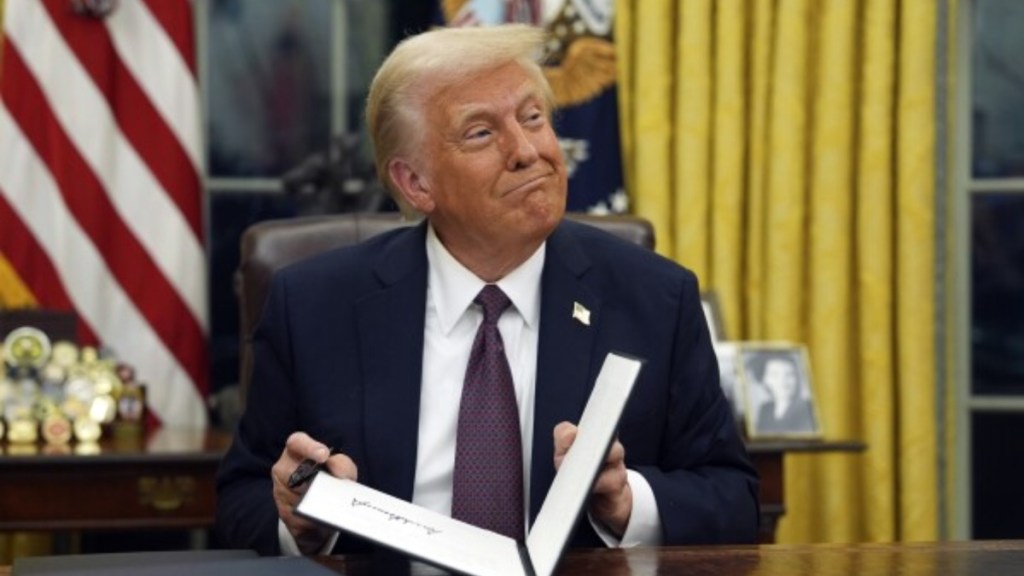How constrained do the Indian industry leaders feel on the much discussed ‘liberation day’ of the US where new tariffs are to be imposed on imports into the US from all over the world? Some of the leading names from Indian industry while preferring to wait and watch the developments unfold did felt it may be better to view the announcements made on April 2nd by the US as a starting point or a starting line drawn for negotiations. Not wanting to be named, the view was that the new tariffs will trigger an evolving negotiation journey and it is really the unfolding picture over the next few months that needs to be considered for evaluating the actual implications for the industry. As a leading Indian corporate, who did not wish to be named summed it up: “Panic and kneejerk reaction is not the way to deal with this and instead of feeling consumed by the shock and awe of the developments, it is better to stay calm and think through and get better prepared for negotiations having known the starting point.”
The markets were expected to react and have the developments discounted but that to some of them was by itself not enough. Instead, they favoured focus on the negotiation abilities and thereafter evaluate the implications for both US and India. For instance, if the pharmaceutical industry was bracing itself for a worse-case scenario of 35 per cent tariff, including 10 per cent reciprocal tariff and 25 per cent sector-specific tariff, it was really about articulating the implications for the patients in the US. After all, as one industry leader reminded, “India remains a major supplier of low-cost generic medicines in the US.” A recent McKinsey titled, “Shaping the future of India’s pharmaceutical operations”, has described India as the world’s largest supplier of generic drugs, accounting for 20 per cent of global volumes, including 40 per cent of generics demand in the United States. According to this report, India was today the third largest global exporter of pharmaceuticals by volume and ranks 11th by value. India already has over 700 Food and Drug Administration (FDA)-approved sites.
Not necessarily negative
Arvind Singhal, Founder & Chairman of Technopak Advisors, a leading Indian management consulting firm, felt that “while whatever measures are announced by the US on April 2nd could have implications globally and in the Indian context have some company-specific impact but at a larger level, across sectors there could be positives as it will be forcing Indian industry to get more competitive.” He opined that this may be the time for them to “focus on leveraging the strengths in lower energy and manpower costs and in select sectors aim to become global suppliers and emulate examples like BYD from China.” He also reminded: “the developments are unlikely to reduce or change India’s global competitiveness with rest to the US since the measures would be for all countries and not only targeted at India. So, this could be seen as a good reason for Indian companies and the government to reflect upon areas to focus on and build the strengths.”

